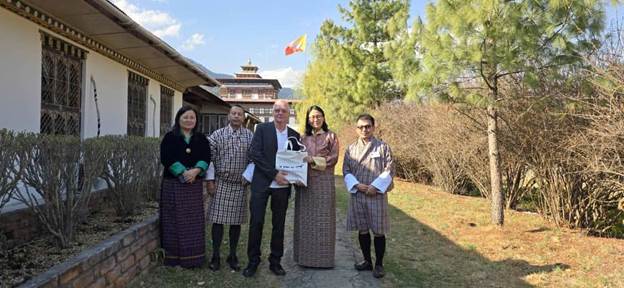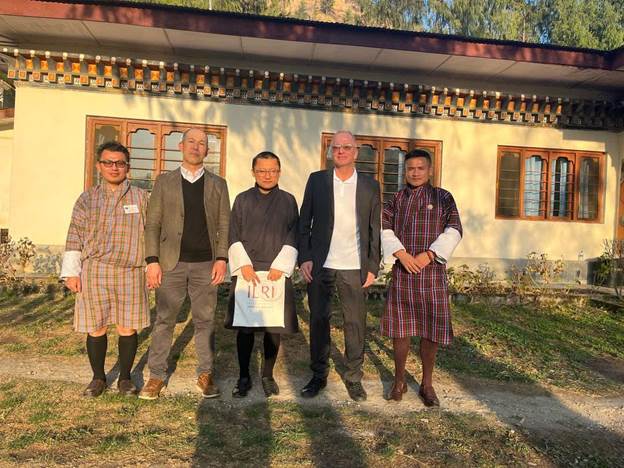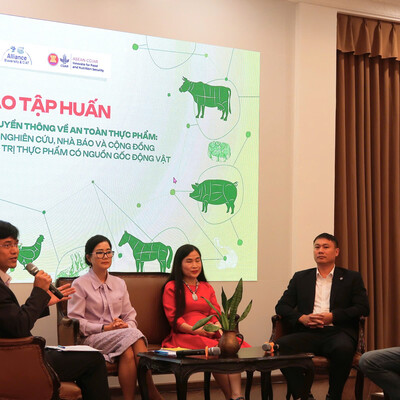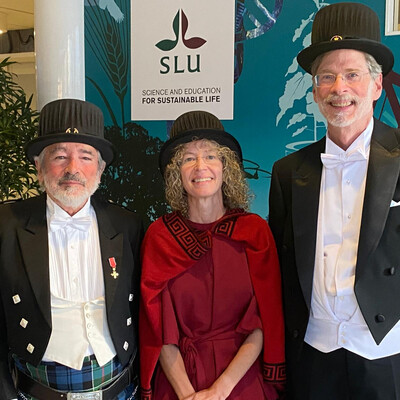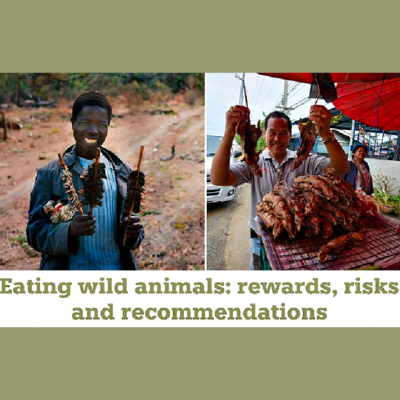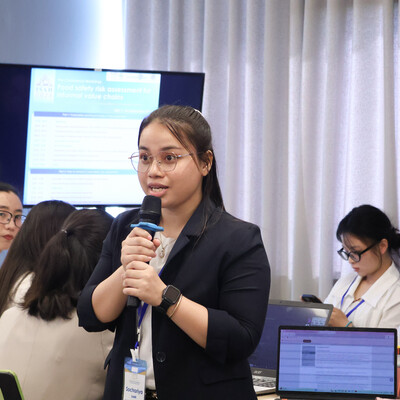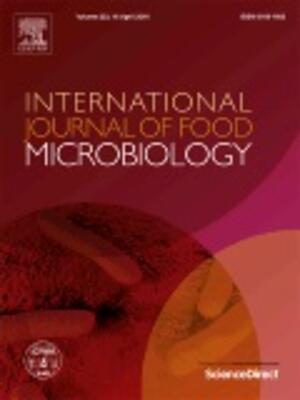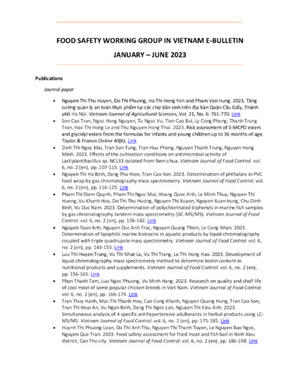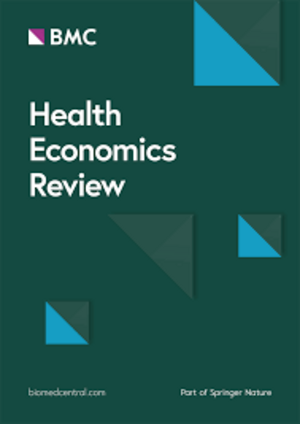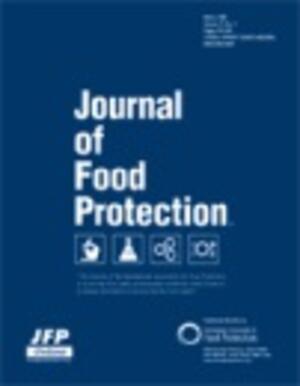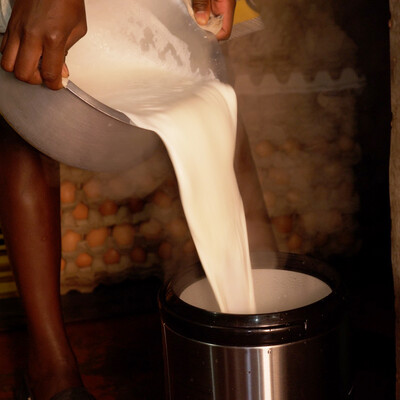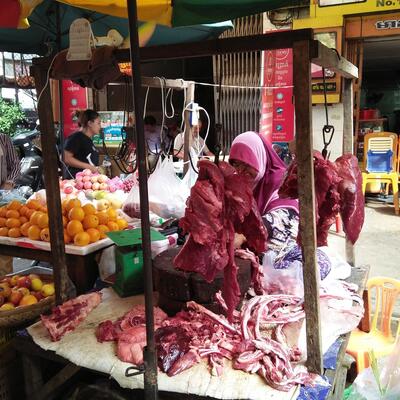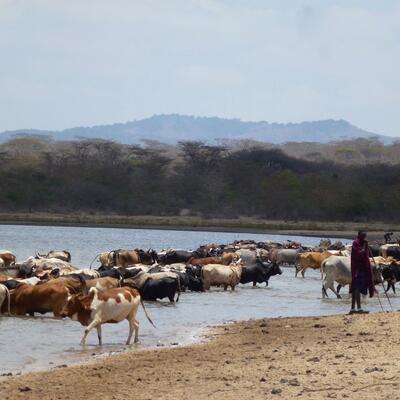
ILRI’s contribution to climate-resilient agriculture conference in Bhutan: A path towards sustainable livestock systems
From 15 to 18 March 2025, the Asian Development Bank Institute (ADBI) hosted a conference ‘From Melting Glaciers to Rising Seas: ADBI Hosts Bhutan Conference on Climate-Resilient Agriculture’ in Thimphu, Bhutan. The event brought together researchers, policymakers, donors, and farmers to explore the connections between climate change, agriculture, and ecosystems. Participants discussed solutions for achieving climate-resilient agriculture, protecting ecosystems, and ensuring food security across the region.
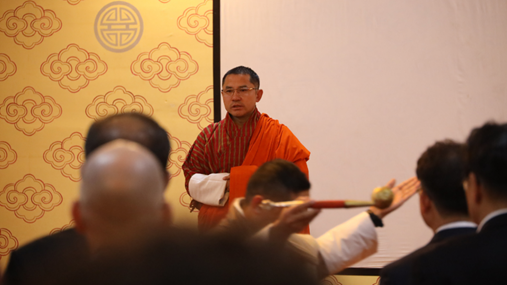
In his keynote address, Younten Phuntsho, Bhutan’s Agriculture Minister highlighted the country’s diverse landscape and the challenges it faces due to climate change, such as labor shortages, youth migration to urban areas, wildlife-human conflicts, and limited market access. With a population of only 800,000, Bhutan is coping with these issues while struggling for economic growth and agricultural sustainability. The conference featured presentations from global research leaders, including representatives from the International Rice Research Institute (IRRI), the International Potato Center (CIP), and the International Centre for Integrated Mountain Development (ICIMOD), who shared insights on addressing climate challenges and building resilient agricultural systems.
The discussions emphasized the need for urgent action in diversifying crops, mitigating climate risks, and enhancing water management. Local farmers from Bhutan, India, and Nepal shared their experiences of the challenges posed by climate change on agricultural yields, highlighting the importance of fostering collaboration among countries to build a more sustainable future for smallholder farmers.
One of the key highlights of the event was the contribution of the International Livestock Research Institute (ILRI)’s regional representative, Fred Unger, who made a presentation on how livestock can play an important role in building sustainable food systems in developing countries, particularly in the context of climate change.
ILRI’s contribution to climate-resilient agriculture
Fred Unger’s presentation focused on the importance of livestock within the broader food systems, especially in low- and middle-income countries (LMICs) like Bhutan. He emphasized that livestock systems contribute to all 17 of the United Nations Sustainable Development Goals (SDGs), particularly in areas such as food security, poverty reduction, and climate adaptation. He noted that the demand for livestock-derived foods like milk, meat, and eggs is increasing rapidly, particularly in LMICs, driven by population growth, rising incomes, and urbanization. However, these benefits come with challenges, including rising greenhouse gas emissions, food safety concerns, and inequitable development for smallholder livestock keepers.
Unger also highlighted the growing risks faced by smallholder farmers and livestock keepers, including pests, disease outbreaks, instable market prices, and climate change risks. Despite these challenges, Unger stressed that transforming livestock systems to be more sustainable and climate-resilient will require greater investments, particularly in context specific solutions, for example, low-cost biosecurity, improved veterinary services, and livestock health and feeding and breeding management.
To address these issues, ILRI is leading several research initiatives focused on improving the resilience of livestock systems. For example, the Sustainable Animal Productivity (SAPLING) Initiative focuses on climate adaptation strategies and innovations to enhance the productivity and sustainability of smallholder livestock systems. ILRI’s work on One Health research has also been critical in addressing emerging zoonotic diseases, antimicrobial resistance (AMR) and improving food safety in traditional markets, with significant impacts in Southeast Asia.
Unger’s presentation also underscored ILRI’s efforts into reducing the environmental impact of livestock production. He shared examples of how genetic improvements in livestock, such as selecting heat-tolerant breeds, can help mitigate the impacts of rising temperatures on milk yields and productivity, particularly in countries like Bhutan where the changing climate is having negative impacts on the agricultural productivity.
Strategic opportunities for Bhutan’s livestock systems
The conference also provided a platform for discussing potential collaborations between Bhutan and international organizations, including ILRI. One of the key areas where ILRI can contribute to Bhutan’s climate-resilient agriculture is by providing tailored interventions for the country’s livestock systems. These include developing low-cost biosecurity solutions, promoting ICT-based animal health services in remote areas, and enhancing food safety measures through research and policy engagement.
Unger emphasized that Bhutan’s livestock sector could benefit from ILRI’s experience in building capacity at the national and local levels. He also suggested that Bhutan explore opportunities for knowledge exchange through joint events, training programs, and field visits to other regions that have implemented successful livestock interventions. ILRI efforts to improve the dairy sector through agri-preneurs in Nepal or breeding improvement of native chicken in Southeast Asia could be a potential entry point.
During his mission to Bhutan, Fred Unger also met with high-ranking officials to explore opportunities for unlocking the potential of the livestock sector in this South Asian country.
